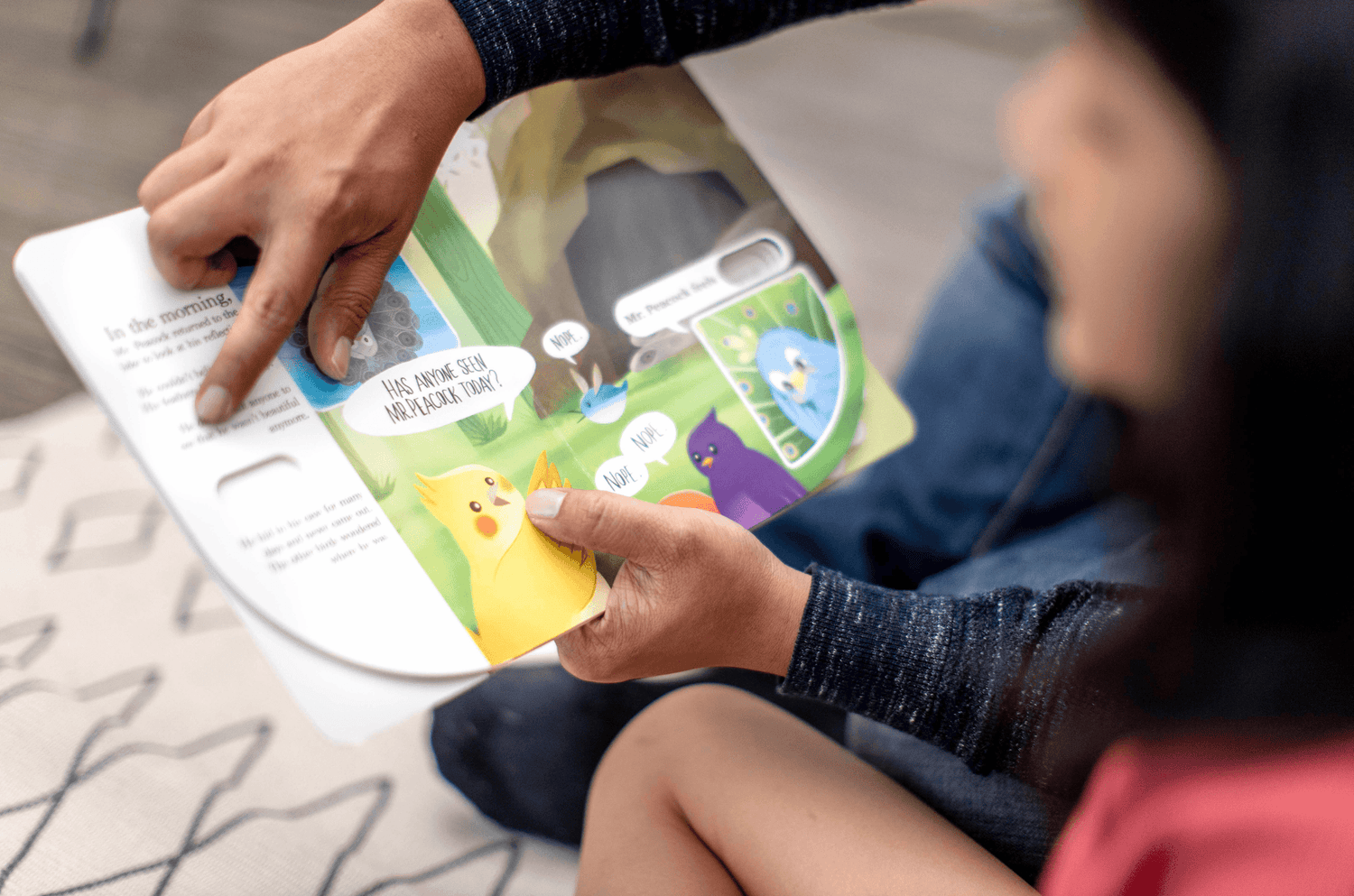Many of you reading this may be bilingual (or multilingual) but most, if not all of you likely prefer one language over the other. This preference is automatically passed on to your children whether you’re conscious of it or not, and here’s how.
English speakers
The English language is very noun-driven. Native speakers love to label things, such as looking out the car window and naming the different kinds of transportation (car, truck, bus, bike, so on) they see to their babies. When it comes to verbs, there is less of a variety- cars, trucks, buses, and bikes can be described using the word ‘move’ or ‘go’. Hence, babies raised by native English speakers tend to say a noun, as opposed to a verb, as their first word.
Chinese speakers
Similar to English, the Chinese language has many nouns to describe different objects. The key difference is that the Chinese language also has a greater variety of verbs to describe how objects move. The way you describe a subway (坐地鐵) may be different to the way you describe a bike (騎自行車). Furthermore, Chinese verbs are much simpler compared to English in terms of tenses and transformations. Hence, babies raised by native Chinese speakers can easily pick out verbs from a sentence, and tend to say verbs as their first word.
Is one better than the other?
There’s no research to suggest that either methods of teaching are superior. However, there was one study that followed children from Michigan, Beijing, and Hong Kong and found some interesting differences in later language learning. The researchers began following 70 children from 8 months all the way to 30 months old. They found that at 30 months, the Chinese speaking children had about a 1:1 ratio of nouns to verbs in their entire vocabulary. In comparison, the English speaking children had 3 times more nouns!
There isn't any research to show which is 'better', but it goes to show how our inherent understanding of language actually has a greater impact on our children’s language development than we previously thought. But that doesn’t mean that it’s impossible to create a bilingual learning environment. In fact, our experts outline their top five tips for raising a bilingual child.



